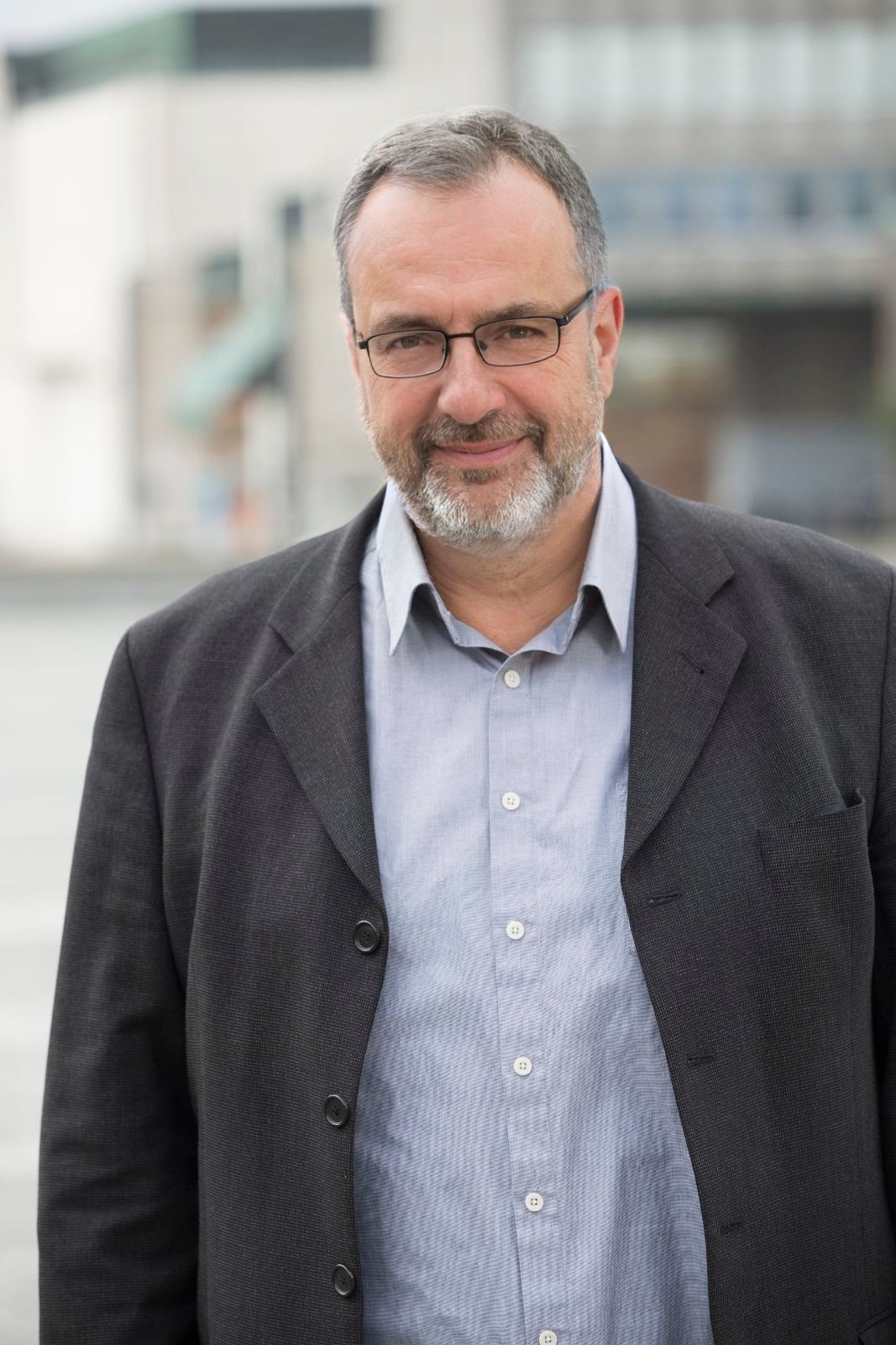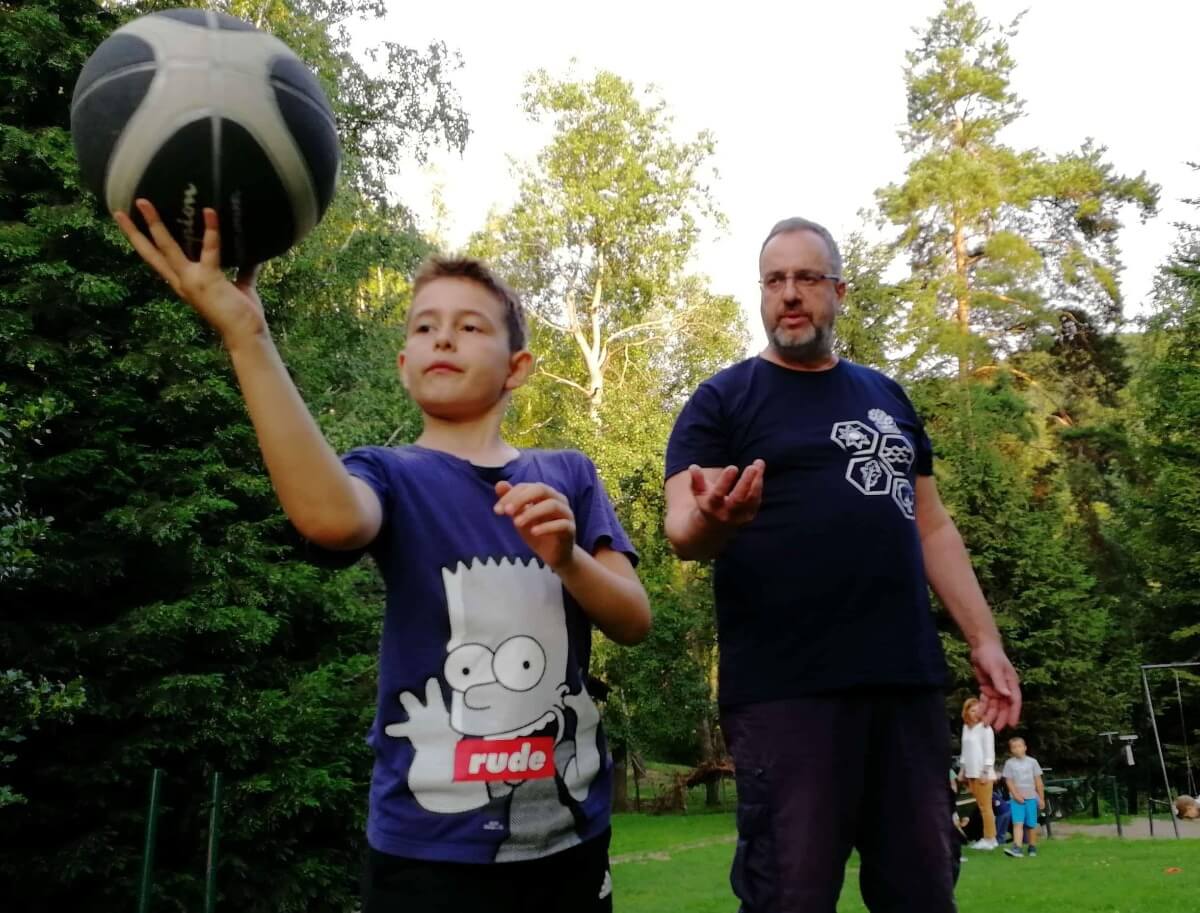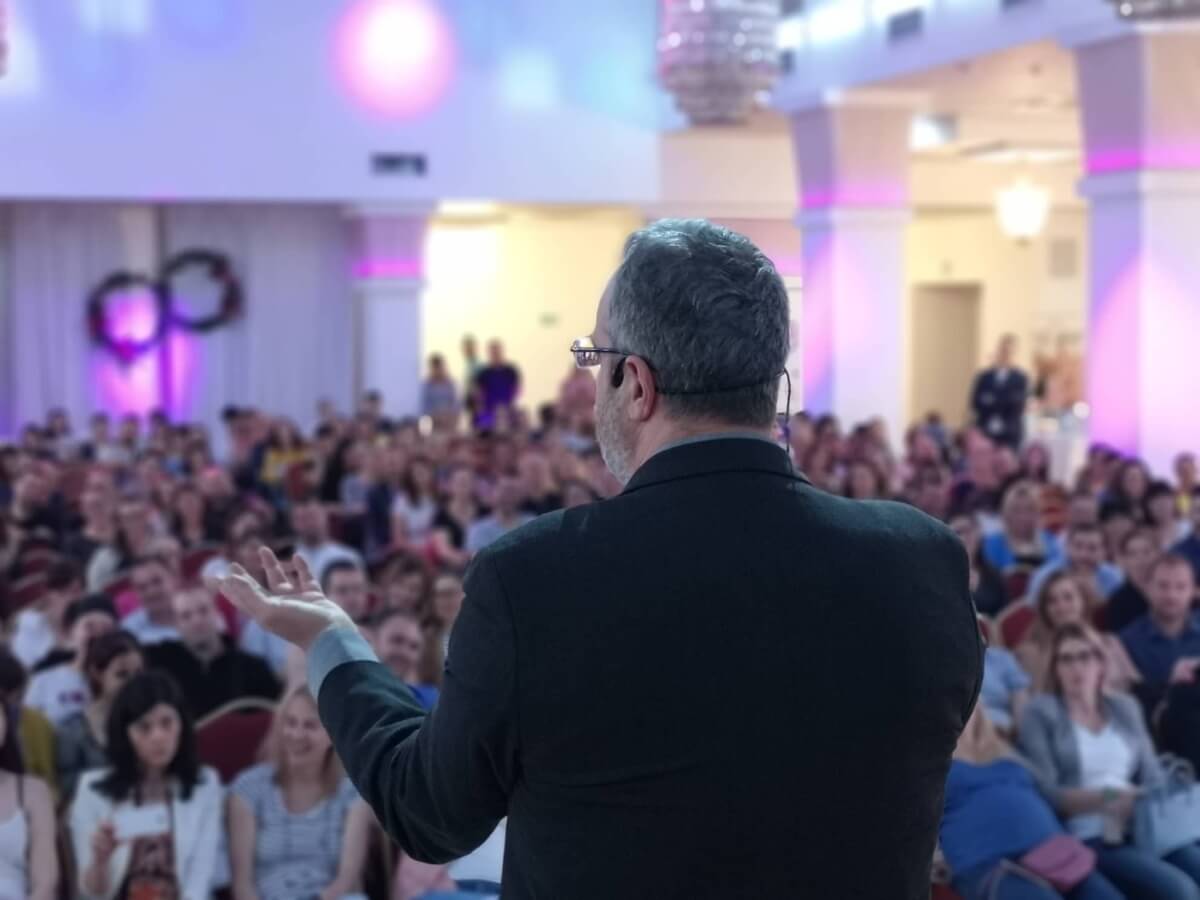Dr. Ranko Rajović gives Insight on what makes a Great Athlete
The 2024 #CEVCoachesConvention is taking place in less than two weeks in the Bulgarian capital Sofia (13-15 September) in the Levski Sofia Sports Hall, with attendees from across the continent eagerly looking forward to learning more about Volleyball at grassroot level from experienced and acknowledged speakers. This year’s edition of the event features three speakers with different backgrounds, as it aims at giving a wider perspective on important topics that young Volleyball coaches have on their agendas.
Kåre Mol, Atsushi A. Katoh and Dr. Ranko Rajović are the Volleyball specialists that will share their experience with 160+ participants in Sofia. After getting to know more about Mol’s and Katoh’s Volleyball philosophies, we speak to Dr. Rajović as we are “warming up” for the event later this month.

On the beginning of his sports education journey
Dr. Rajović's journey into the field of sports education began in the city park, playing soccer with his by then seven-year-old son. Inspired by this, he created fun yet purposeful motor and cognitive tasks that nurtured his son's soccer skills and overall physical development. This simple act ignited a passion in Dr. Rajović, leading him to explore the intersection of neuroscience, kinesiology, psychology, and education. What started as a bonding experience between father and son, evolved into a dedication to sports psychology education, influencing athletes of various disciplines and ages.
Dr. Rajović's ambition grew as he delved into extensive literature highlighting the critical link between physical activity and cognitive development, as well as conducting his own research on the topic. The prefrontal cortex, basal ganglia, and hippocampus (critical parts of the brain) are interconnected and optimally developed when there is increased physical activity and when children are more physically adept.
His work with young players from the basketball club "Partizan" in Belgrade underscored Dr. Rajović's primary focus. The research explored the effect of cognitive load when integrated with movement. Dr. Rajović hypothesized that very simple motor tasks that require minimal effort become significantly more challenging even with a small amount of cognitive load introduced (in the area of cognitive classification). This is precisely what the aforementioned work demonstrates. By integrating cognitive and motor tasks into training, the connection of different brain regions that traditional exercises do not activate is enhanced.
In this way, new possibilities are opened up in working with young athletes.

On the potential of untraditional training methods
Dr. Rajović’s experience has led him to the conclusion that there is a significant amount of potential that is locked by traditional training methods - not just in volleyball, but in any sport in general.
Dr. Ranko Rajović“Sport and a young person developing in sport should not only strive for physical development. Our mind, attention, focus, and flexibility are of great importance - for individuals and for the team."
"There is a significant amount of potential that is locked by traditional training methods - not just in volleyball, but in any sport in general.
This potential is stored in the associative regions of our brain that can be activated through special training methods, primarily by integrating cognitive tasks and motor exercises. This is called sensorimotor-associative integration. Sensorimotor integration as a specific concept has been a popular theoretical topic in pedagogy and psychology for almost a century, but it is not often applied in practice with associative integration.
Working with people from various sports fields such as soccer, basketball, handball, skiing, rowing, horseback riding, etc., we have discovered that the mentioned exercises indeed unlock some potential that lies within each of us. At the conference, I will speak in more detail about the stories of people who have encountered these experiences,” Rajović explains.

What to expect from him at the 2024 #CEVCoachesConvention?
Dr. Ranko Rajović“If you want to create great athletes, you should work not only on their physical fitness but also on their mental capacities. "
"Many of these capacities are locked when using traditional basic training methods. By challenging the brain through a combination of cognitive associative load and motor exercises, we build stronger cognitive flexibility that helps the player become a more effective problem solver in situations, especially in fast-paced situations.”